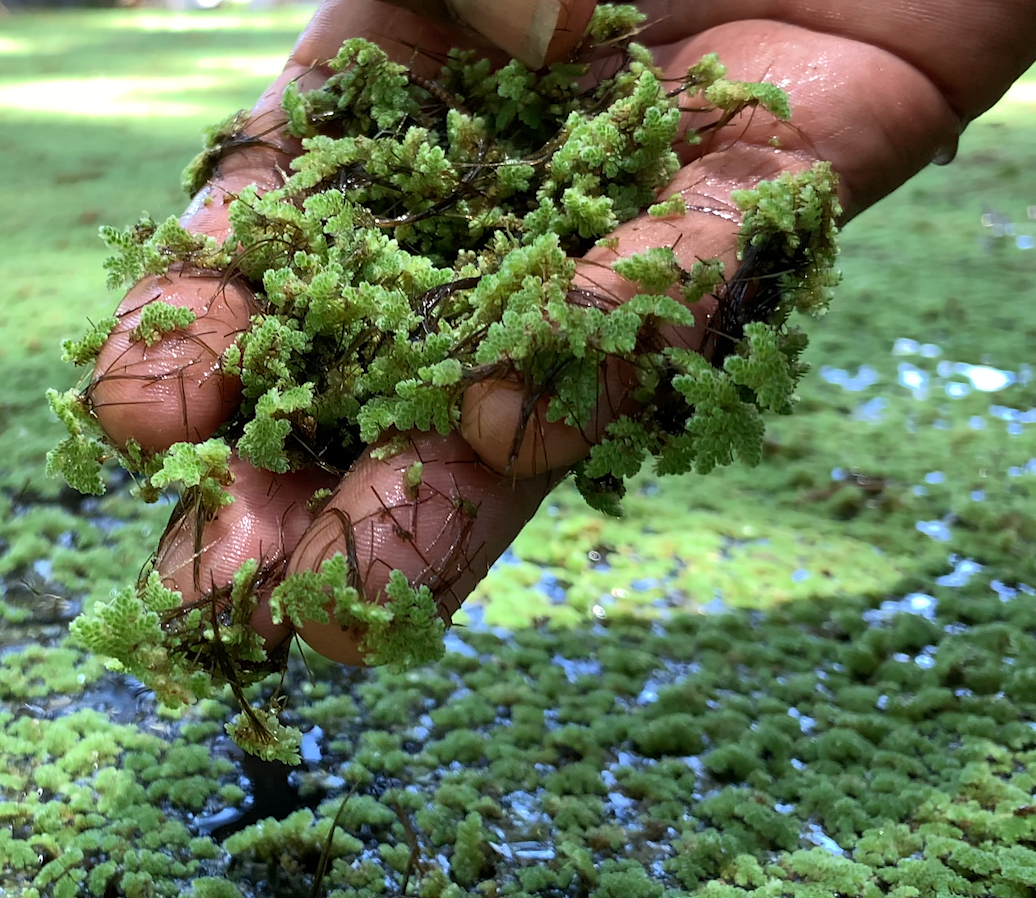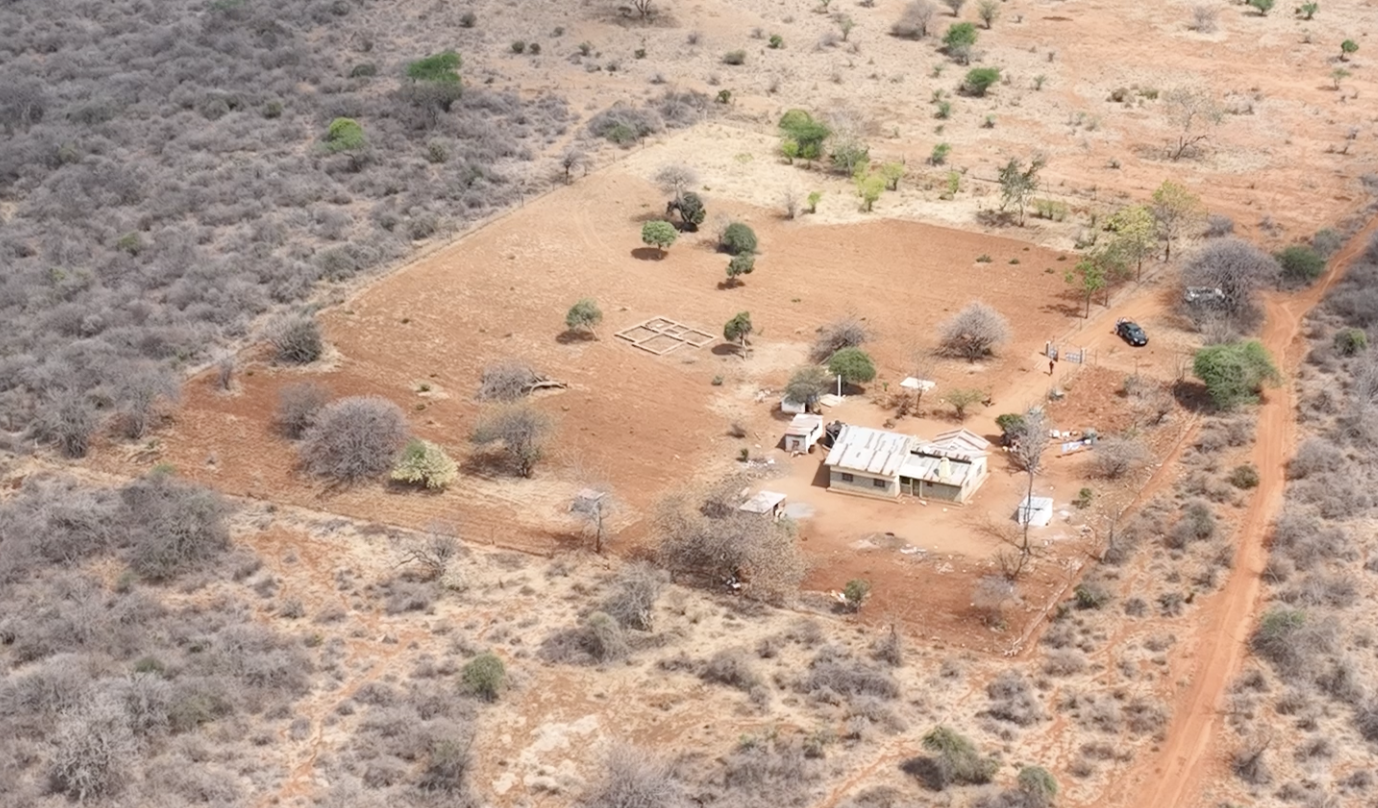Albinos who have overcome discrimination and adversity in Africa
Being born an albino in Africa is one of the most dangerous things to happen to a person in this day and age. Albinos have been associated so many myths but the worst thing is that they are being killed for it.
Albinism is a genetic condition that is a result of no pigmentation in the skin, hair and eyes. It has become increasingly hard for those living with albinism to access education or health and most basic needs because they are being abducted and killed for their body parts that are being offered as sacrifice in African black magic so that one can acquire wealth, happiness and good luck in exchange.
“Women and children with albinism are particularly vulnerable to abductions and killings by criminal gangs, who see them as easier targets. Women also face the danger of rape and sexual abuse as a result of beliefs that having sex with a person with albinism will cure HIV/AIDS.” says a report by Amnesty International
In the face of rising violence and discrimination, a couple of people living with Albinism have risen above it to achieve great success in different fields.

Salif Keita
Salif Keita is world renowned afro-pop singer-songwriter from Mali. His road to success was however very thorny. He was thrown out of his home and village, since he was an outcast in his community because of his albinism, which is a sign of bad luck in his culture.
At the age of 17, Keita left for the capital Bamako where he became part of a government sponsored music band, Super Rail Band de Bamako. During the political unrest in Mali in 1970s Keita left with his new band Les Ambassadeurs for Cote d’Ivoire.The band rose to international fame and gave Keita the National Order Award from the President of Guinea.
Keita moved to Paris ion the 80s still singing his traditional West African music which acquired influences in both Europe and the Americas. He returned to Mali in 2002. The 67 year old was awarded the Best World Music 2010 at the Victoires de la musique for his album La Différence which is a dedication to the albino community in the world.

Isaac Mwaura
Isaac Mwaura is a Kenyan politician. The 34 year old is the first Member of Parliament living with Albinism in Kenya. Mwaura was raised by a single mother after his father disowned him due to his albinism.
After graduating in 2006 from Kenyatta University with a Bachelor of Special Education and French Studies, Mwaura served as a senior adviser to Kenya’s former Prime Minister Raila Odinga on Public Policy relating to special interest groups such as disability policy, minorities and marginalized groups. He also co-founded the Albinism Society of Kenya.
He is using his political seat to fight for people with albinism and disabled people in the society as well.

Thando Hopa
South African lawyer and fashion model Thando Hopa hid most of her life, from the sun and people until she decided enough was enough and too up the fight against the prejudice against albinos by becoming a model.
Although Thando grew up in a family that doted on her and her younger brother who is also living with albinism she was mistreated by teachers for her poor eyesight and she was hugged by those who thought her to be good luck and spat on by those who thought her bad luck.
Thando is the first albino model in her country and has been deemed “the new face of fashion” and “fashion’s new colour.”
“I now realize that I have a platform to inspire young girls, and as someone who never had a role model who looked like me when I was growing up, I now hope to be able to show that albinism can be beautiful and is just another kind of normal,” says Hopa.
The 26 year old also practices law in Johannesburg.

Salum Khalfani Bar’wani
Salum Khalfani Bar’wani is Tanzania’s first elected albino member of parliament. The first to sit in the legislature was a woman, Al-Shymaa Kway-Geer, who appointed by the President.
Salum Khalfani Bar’wani grew up with albinism in the rural Tanzania which was a traumatic experience given that few bothered to develop an interest in the genetic condition and so he was ostracised. He used high profile position to change the situation for albinos in the country.






